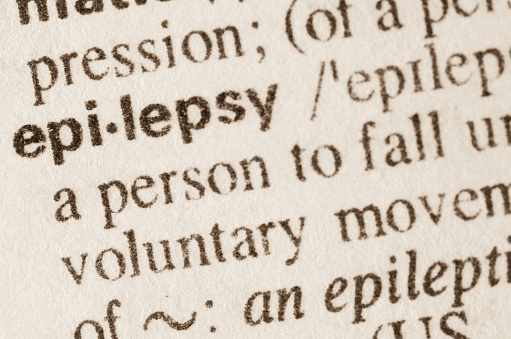 Linkoping University researchers have discovered that sticky resin from trees contains substances that may cure or relieve epilepsy. The results from the study were published in the journal Nature’s open-access periodical Scientific Reports.
Linkoping University researchers have discovered that sticky resin from trees contains substances that may cure or relieve epilepsy. The results from the study were published in the journal Nature’s open-access periodical Scientific Reports.
The researchers tested and synthesized 71 resin acids; 12 were found to be effective key candidates to develop into medicines.
The lead author of the study, Fredrik Elinder, is an expert on ion channel function. Ion channels are cell membrane pores that allow charged ion transportation between the interior and surroundings of the cell. This process electrically excites cardiac and nerve cells, which can cause illnesses such as chronic pain, epilepsy, and cardiac arrhythmia when the excitability of the cells is too high.
Swedish researchers would discover a local anesthetic in the 1940s called lidocaine designed to target ion channels. Like many epilepsy medications today, lidocaine blocks sodium ion channels; however, many patients did not respond to the treatment. It also had side effects like numbness, nausea, and mild dizziness, itching, redness, and bruising.
“Our substances act instead on potassium channels, where they keep the door open via an electrostatic mechanism, thereby curbing the harmful nerve activity,” explains Elinder.
Elinder’s research team previously found that polyunsaturated fatty acids would also act via the electrostatic mechanism; however, the team wanted to find a more specific and powerful substance. Electrically charged resin acids contain properties necessary to bind and pull together “doorknobs” of the ion channels.
For the current study, the 71 resin acid molecules were created from the original molecule, dehydroabietic acid. The new molecules were examined from a hypersensitive potassium channel expressed in frog eggs. Twelve of the molecules were found to have greater potency than the other molecules tested. The results were also confirmed in nerve cells from mice.
Sources for Today’s Article:
Ottosson, N.E., et al., “Resin-acid derivatives as potent electrostatic openers of voltage-gated K channels and suppressors of neuronal excitability,” Scientific Reports 2015; 5: 13278, doi: 10.1038/srep.13278.
“Tree resin may provide medicine against epilepsy,” ScienceDaily web site, September 8, 2015; http://www.sciencedaily.com/releases/2015/09/150908132812.htm.
